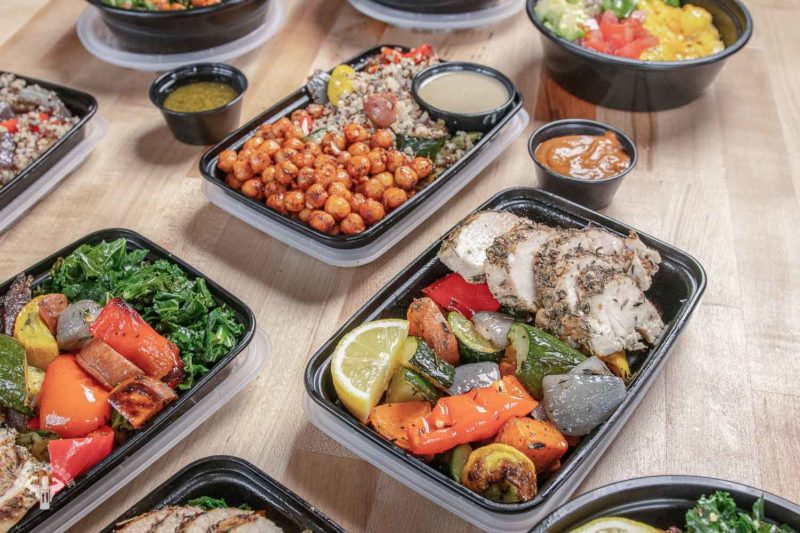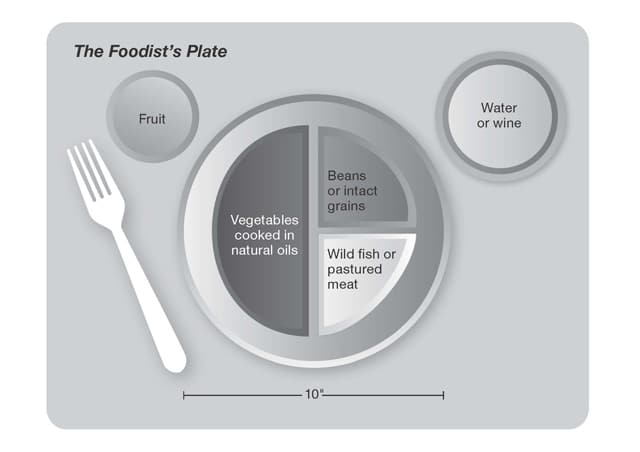
Every winter I travel to Andorra or Spanish ski resorts, and an essential part of my travel gear are snow chains or snow socks.
Here’s my research and recommendations on the subject. When it comes to safety and security, I always go for the best even if it means spending a bit more money. For this purpose, I chose to focus on Michelin’s offerings, as it is a reputable company in the tyre business.
Whichever choice you make, be sure to include long arm-covering gloves and a towel and some wet wipes to help you stay clean when you install the chains. I also recommend having a snow scraper. The Michelin snow scraper is a simple yet effective tool that is designed to remove snow and ice from your car’s windshield and windows. The snow scraper features a sturdy plastic handle with a wide, curved blade that is designed to efficiently remove snow and ice from your car’s windows without scratching the glass.
Ok, let’s get into the options.
Snow Socks – Michelin SOS Grip Evolution

Michelin offers a range of snow socks that are designed to provide additional traction on snow and ice. The snow socks are made from a patented textile material that is highly durable and long-lasting. Here are some of the features and benefits of Michelin’s snow sock range:
- Easy to Install: Michelin snow socks are easy to install and remove, and they can be fitted in just a few minutes. The snow socks stretch over the tire and are secured in place using a tensioning system that ensures a snug and secure fit.
- Improved Traction: Michelin snow socks provide improved traction on snow and ice, which can help drivers stay safe and avoid accidents. The snow socks are designed to grip the road surface, providing better traction and stability when driving on slippery surfaces.
- Quiet and Comfortable: Michelin snow socks are designed to be quiet and comfortable, even at high speeds. They are made from a soft and flexible material that does not create excessive noise or vibration when driving.
- Durable and Long-Lasting: Michelin snow socks are made from a patented textile material that is highly durable and long-lasting. The material is resistant to tears, abrasions, and punctures, which ensures that the snow socks will provide reliable performance for multiple seasons.
- Easy to Store: Michelin snow socks are compact and lightweight, which makes them easy to store in the trunk of your car. They come with a storage pouch that can be used to keep the snow socks clean and dry when not in use.
Overall, Michelin’s range of snow socks provides drivers with an effective and convenient solution for driving on snowy and icy roads. They offer improved traction, easy installation, and long-lasting performance, making them a popular choice for many drivers.
I have used their SOS9 grip for my tyres and have been impressed by how easy it is to install them and remove them. Always keep a big bag with you for storing them as they will be dripping wet and very dirty when you take them off. You’ll want to chuck them into a washing machine for a rinse and dry them out before you put them into long-term storage. The fact that they retain a bunch of water in them after you remove them is the main disadvantage, together with their lack of durability/robustness compared to other solutions.
I was able to get both snow socks on within 5 minutes.
However, if you’re going for a quick trip or two once a year, these are the perfect thing to have in your boot to get you out of a tough spot if/when needed.
Price: around €80
Composite Snow Chains – Michelin Easy Grip Evolution

The Michelin Easy Grip Evolution is a type of snow chain that is designed to provide extra grip and traction on snowy or icy roads. It is designed to be easy to install and remove, and it does not require any special tools or equipment.
The Easy Grip Evolution snow chain is made of composite materials and features a central snow grabber that provides additional traction and grip on the road surface. The chains are designed to fit snugly over the tire and are secured in place using a tensioning system that ensures a tight and secure fit.
One of the key features of the Michelin Easy Grip Evolution is its compatibility with a wide range of vehicles, including passenger cars, SUVs, and vans. It is also designed to be durable and long-lasting, with reinforced links and a flexible design that helps to prevent damage to the tire or wheel.
In addition, the Easy Grip Evolution is designed to be easy to store and transport. It comes with a storage case that can be easily carried in the trunk of your car, and it can be quickly installed in just a few minutes.
Snow socks are designed to provide moderate traction on snowy or icy roads, while the Easy Grip Evolution snow chains are designed to provide more significant traction and grip. This makes the Easy Grip Evolution a better choice for drivers who live in areas with more extreme winter weather conditions.
Another difference is their durability. The Easy Grip Evolution snow chains are generally more durable and long-lasting than snow socks, which may wear out more quickly and need to be replaced more frequently.
The Easy Grip Evolution chains will take up more space to store and take longer to install and remove compared to the snow socks, but they also do away with the water retention issue when storing them immediately after use, since they have a much smaller surface area in contact with the road and ice/snow.
For those who are used to snow chains and who make frequent tips to snowy areas, I recommend these over the SOS snow socks, as the latter are meant for emergency situations only rather than regular use.
Price: around €100-120
Michelin Fast Grip

The Michelin Fast Grip is a type of snow chain that is designed to provide additional traction on snowy or icy roads. The Fast Grip is made of a composite material and features a diamond pattern that is designed to provide extra grip and traction on the road surface.
One of the key features of the Michelin Fast Grip is its ease of use. The chains are designed to be easy to install and remove, and they can be fitted to the tire without moving the vehicle. This makes the Fast Grip a convenient solution for drivers who need extra traction but do not want to spend a lot of time installing and removing chains.
Price: around €350-400
Other Considerations When Driving in Snow
If you live in snowy regions, you already know that a 4×4 with winter tyres is the best option. But what about the rest of us? There are many debates online about tyre choices, and whether it’s best to have a FWD or AWD vehicle.
To me, it’s clear that if you visit snowy areas frequently in winter, but actually live in a warmer area, it could be a good idea to equip your car with all-weather tyres. Then you can do away with the chains and there is no further work on your end. Another option is to have a set of winter tyres and another set of summer tyres. This is only an option if you have plenty of storage in your garage and don’t mind the hassle of changing your tyres once or twice a year.
When it comes to FWD vs AWD, while it is clear that AWD is a better option for offroad use and snowy conditions, it is much better to have a FWD vehicle equipped with winter tyres than an AWD vehicle equipped with summer tyres.
So there is no need to sell your FWD to buy an AWD, just decide on what strategy you want to use with tyres or chains and you’re set for your winter fun in the snow.
Whichever setup you have, be prudent on the road as icy and snowy conditions will always have some effect on your car’s handling, and more importantly, you can expect the unexpected from other vehicles, some of whose drivers are encountering these conditions for the first time and might not have equipped their cars in an adequate way.








